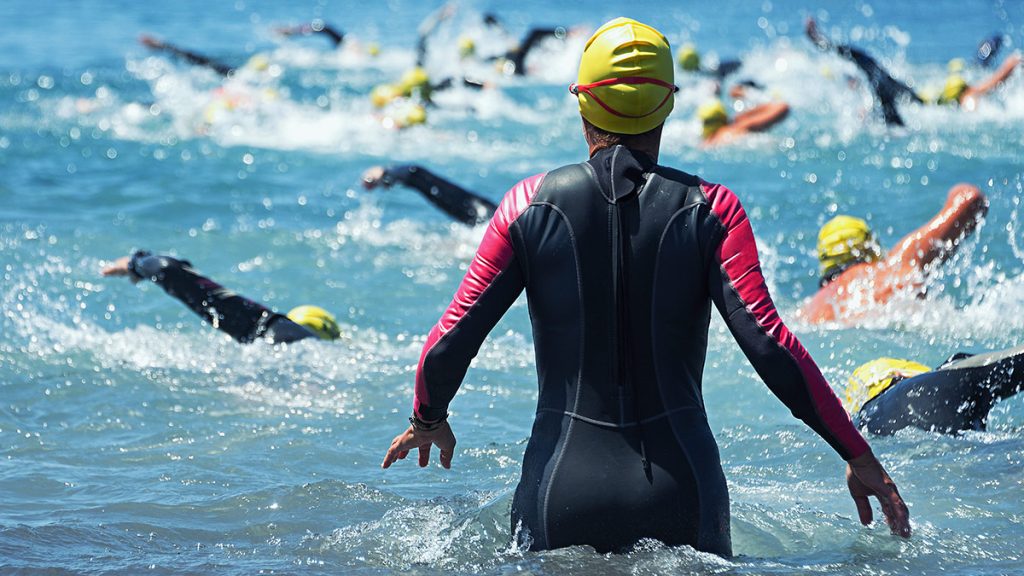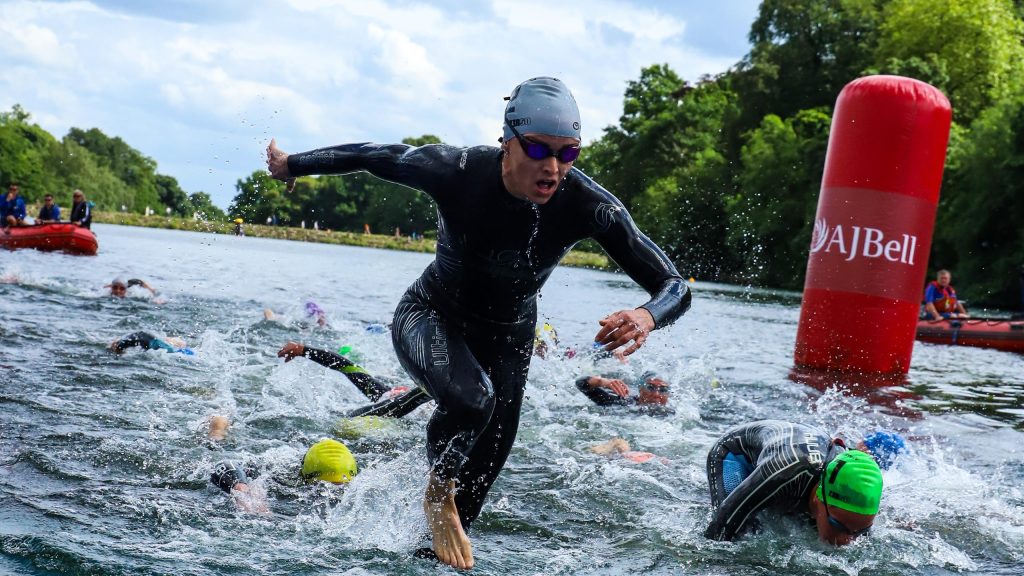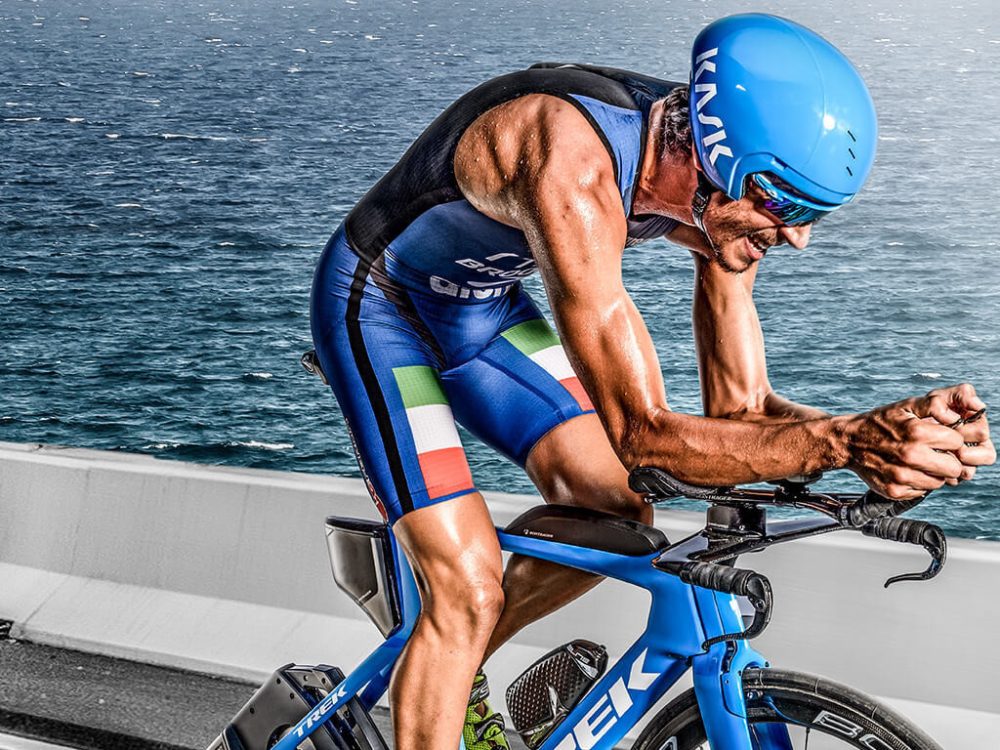
If you’re looking to participate in your first triathlete the sheer number of things you need to know can be overwhelming. Where do you start? What should you know? This guide will walk you through the top 10 things you need to know before joining your first triathlon.
You’ll discover exactly what you need to prepare and what mistakes to avoid so that when race day comes, you’ll be as prepared as possible to succeed in your endeavor! If you are having a problem with the supplies you needed for your triathlete, make sure to visit this website http://bikechain.com.au/.
You, Will, Be in Pain
No matter how much you train, your first triathlete is going to hurt. A lot. That’s because swimming, biking, and running are all incredibly taxing on the body, and doing them back-to-back-to-back is even worse. But don’t worry, the pain is temporary and it will go away as you get stronger and more fit.
Prepare for It

If you’re thinking about joining a triathlete, congratulations! It’s a great way to get fit and have fun. But before you jump in, there are a few things you should know. Here are a few things you need to know before joining:
- Pick the right race. There are tons of different races out there, so make sure you pick one that’s right for your fitness level and goals.
- Train, train, train. Triathlete is no joke, so you’ll need to put in some serious training before race day.
- Get the right gear. You’ll need a swimsuit, a bike, and some running shoes (among other things).
Learn How to Swim
If you don’t know how to swim, don’t worry! Learning how to swim is not as difficult as it may seem. There are many resources available to help you learn, including classes, private lessons, and books. The most important thing is to just get started.
Do Sprint Workouts
How to do a proper warm-up: Warming up before a workout is a key to preventing injury and getting your body ready to perform. Here’s a quick routine you can do before sprint workouts: jog for 5 minutes, then do some dynamic stretching (leg swings, arm circles, etc.), followed by 3-5 minutes of light jogging.
How to do a proper cool-down: Cooling down after a workout is just as important as warming up. A proper cool-down will help your body recover and prevent injuries. Here’s a quick routine you can do after sprint workouts: jog for 5 minutes, then do some static stretching (hold each stretch for 30 seconds), followed by 5-10 minutes of light jogging.
Get Good at Changing on the Bike
Most triathlons will have a bike-to-run transition, which means you’ll need to be able to quickly and efficiently change from your cycling gear into your running gear. Don’t forget to practice changing your flats! Knowing how to change a flat tire on the bike is an essential skill for any triathlete.
Hydration is key for a triathlete, so make sure you have a good water bottle or a hydration pack that you can use on the bike. Bike nutrition is also important, especially if you’re doing a longer race. Make sure you have energy gels or bars that you can eat on the bike without losing your balance.
Train with a Training Partner

Training with someone who has done a triathlon before can be extremely helpful, as they can offer advice and support throughout your training. Plus, having a training partner will help keep you motivated and on track.
Own Your Gear
Before you can race, you need the proper gear. A good place to start is by purchasing a triathlon-specific bike. These bikes are designed to be fast and efficient, and they’ll help you get the most out of your training.
You’ll also need a wetsuit for swimming, and a pair of running shoes that are comfortable and fit well. Additionally, you’ll need to invest in some basic equipment like a helmet, goggles, and sunscreen.
Time Zones Suck
If you’re like most people, you probably hate dealing with time zones. They’re confusing, they screw up your sleep schedule, and they make it hard to stay in touch with friends and family. But there’s one thing you need to know about time zones: they suck.
Time zones are a pain in the neck. They make it hard to stay on top of your training schedule, and they can be confusing when you’re trying to coordinate with other athletes. If you’re not careful, time zones can screw up your sleep schedule. Make sure you allow yourself enough time to adjust before the race.
Bring Treats With You on Race Day
Training for a triathlon is no joke. It takes time, dedication, and a lot of hard work. But, the payoff is worth it. And, one of the best parts about race day is that you get to share the experience with other like-minded athletes.
Race days are a lot of fun. But, sometimes it’s easy to get caught up in all of the excitement and forget about important things like eating right before you take off on your race. It’s tempting to load up on junk food because it tastes good and it’s what everyone else is eating.
But, even if your stomach is rumbling just before you jump into the water, you should avoid unhealthy choices that could leave you feeling sluggish and lightheaded after just a few laps around that first pool.
Reflect and Keep Going

You did it! You signed up for your first triathlon and now the countdown is on. As you start training, there are a few things you should keep in mind to make sure you’re prepared for race day. First, be patient with yourself. It takes time to build endurance and strength so don’t be too hard on yourself if you can’t get through as many reps or miles as someone else who has been doing this longer than you have.
Second, listen to your body. If something hurts that doesn’t usually hurt or if your joints feel achy all of the time, maybe it’s time to back off for a bit before you injure yourself. Third, know what’s coming: Most triathlons will have bike racks set up near the transition area so know where they are before race day.
Conclusion
So, there you have it! 10 things you need to know before joining your first triathlon. Training for and competing as a triathlete can be a fun and rewarding experience, but it’s important to be prepared before taking the plunge. By following these tips, you’ll be on your way to crossing that finish line with a smile on your face.








